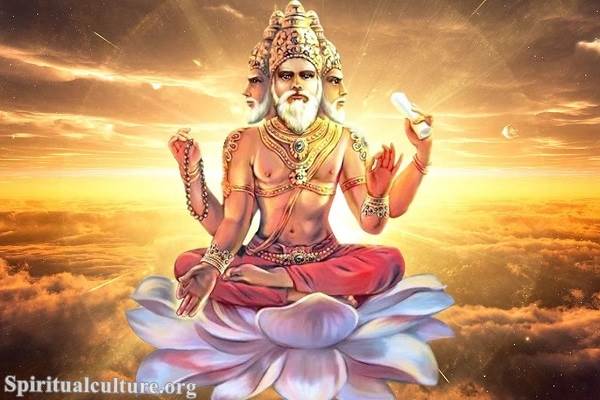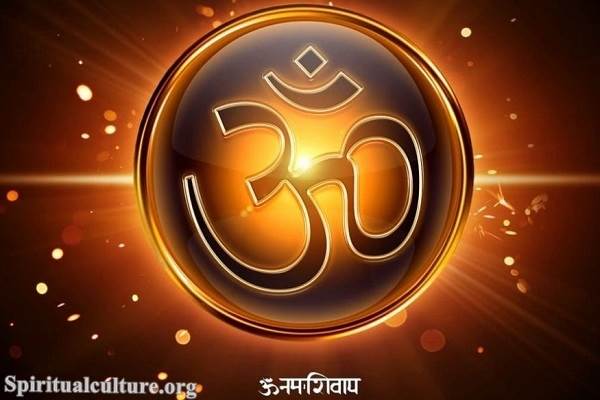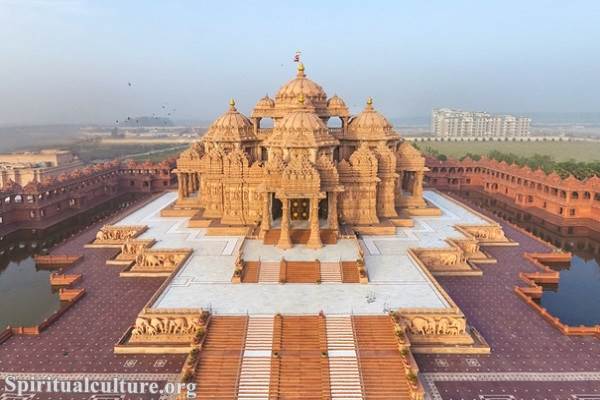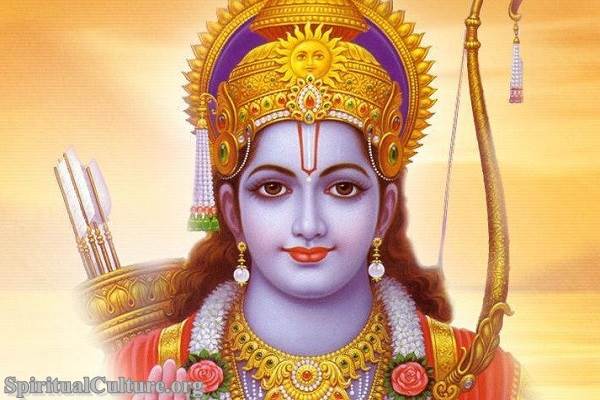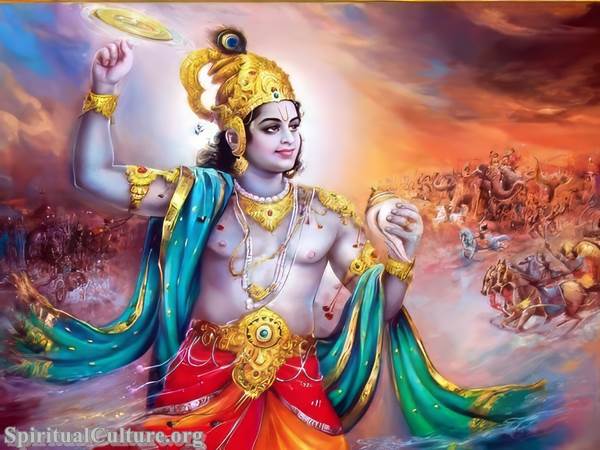However, some sources estimate that there are as many as 330 million gods in Hinduism.
In Hinduism, the concept of God is complex, and there are many deities that are worshipped. The pantheon of Hindu gods is vast and diverse, and the number of gods can vary depending on the specific tradition or sect. Many regional and local deities are also worshipped.
The most important gods in Hinduism are known as the Trimurti, which consists of Brahma, the creator; Vishnu, the preserver; and Shiva, the destroyer. These three gods are considered to be the primary manifestations of the ultimate reality, known as Brahman.
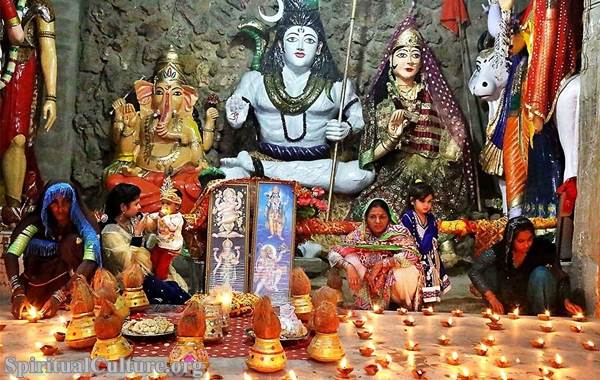
Other important gods and goddesses in Hinduism include Ganesha, the elephant-headed god of wisdom and success; Hanuman, the monkey god who is known for his devotion and strength; and Kali, the goddess of power and destruction.
Some other gods are :
– Lakshmi, the goddess of wealth and prosperity,
– Saraswati, the goddess of knowledge and the arts,
– Krishna, a popular god who is considered to be an incarnation of Vishnu,
– Rama, another popular god who is considered to be an incarnation of Vishnu,
– Durga, a powerful goddess who is known for her ability to defeat demons,
– Shakti, the personification of the divine feminine energy,
In addition to these major deities, there are many other Hindu gods and goddesses that are worshipped in Hinduism, including regional and local deities.
The Hindu gods are not seen as separate, almighty entities but rather as aspects or manifestations of the one ultimate reality, known as Brahman, and are often depicted with many arms, each arm representing different aspects of the divine, and each god and goddess has a specific function and responsibility.
